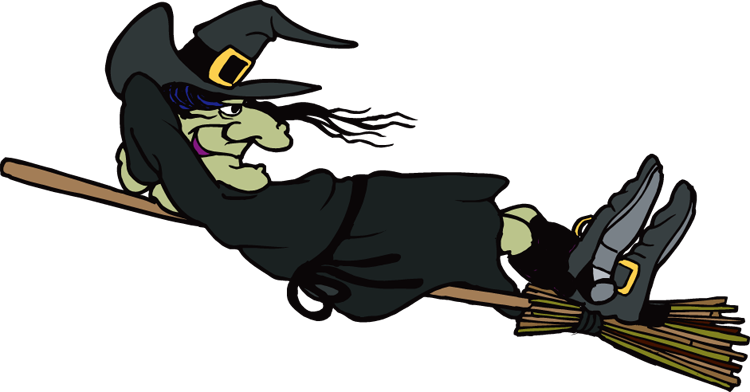With Halloween on the fast approach, I decided to go hunting for some scientific studies relating to the holiday, and I unexpectedly found a rather interesting and strange article. A 2010 Yale study suggests a link between symbolic holidays and US birthrates: with an increase of spontaneous births on Valentine’s Day, and a decrease on Halloween. I could not believe that this could actually be real. I mean, it does not make any sense for a woman to subconsciously be able to control when she gives birth just based on holidays, does it?

The study created a database using all birth-certificate information in the US and examined the weeks before and after Valentine’s Day and Halloween from the years 1996 to 2006 (11 years). The window for Valentine’s Day had over 1.6 million births, and the Halloween window had over 1.8 million births.

Over this 11 year period, there was a 5.3 percent decrease in spontaneous births and a 16.9 percent decrease in c-section births on Halloween when compared to the births the week before and after. In contrast, Valentine’s Day showed a 3.6 percent increase in spontaneous births and a 12.1 percent increase in c-section births. (Showed in the graphs above by the rises and dips in the graphs)
The Yale researchers did their best to explain this “phenomenon” as spontaneous births should (logically) be out of the mother’s control. They argue “A previously unnoticed psychophysiological mechanism may explain this pattern” and go on to explain that the positive implications of Valentine’s Day may on a psychological level increase the mother’s determination to start giving birth. In contrast, the negative implications of Halloween might increase her will to oppose starting labor. These tendencies might have an effect on the mechanism that controls the timing of birth.
Observing the study, I think their research was well conducted. An eleven year period is a good section of time, and offers sufficient data. However, the question must be asked, does correlation equal causation? Not always, as we’ve said in class many times. At first glance, I thought surely this was just correlation, but not causation. However, after reading through the study, I do think that the correlation agrees with their hypothesis. This doesn’t necessarily prove causation though. The results could always be a product of chance, but since the study was done over 11 years I’m inclined to believe that the odds of the results coming out of chance are fairly low. Lots of things are correlated without any causation.
In addition, there is no risk of reverse causation, since that would say that instead of Valentine’s Day causing more spontaneous births, the spontaneous births cause Valentine’s Day (which obviously makes no sense). So while this observational study doesn’t prove anything, it does show some interesting statistics and offers some more interesting questions: Can pregnant women effect their births on a subconscious level? What causes a woman to go into labor, and what impacts the timing of birth?

This is a though-provoking post that illuminates the cultural stereotypes that we associate with holidays and how they may actually influence human physical function. Halloween is often associated with witches, devils, zombies, death and other negative images. On the other hand, Valentine’s Day evokes thoughts of love, cupid, and hearts – more positive images. The researchers hypothesis is interesting to consider. They propose that the respective positive and negative implications of of Valentine’s Day and Halloween may, on a psychological level, affect a mother’s determination to start giving birth. Perhaps there is an evolutionary pattern of mothers attempting to avoid giving birth on Halloween out of fear of negative supernatural consequences. This phenomenon also poses the question of whether the holiday stereotypes are strong enough to influence something as uncontrollable as the time of giving birth. Modern culture places much less concern on the fear of witches, exorcism, and the supernatural than those 200 years ago. However, the decreased occurrence of C-sections and induced births in addition to natural births raises some questions. I am interested to see if future studies on this topic will challenge the conventional belief in the notion that time of birth is outside of a pregnant woman’s control. Overall, great post!